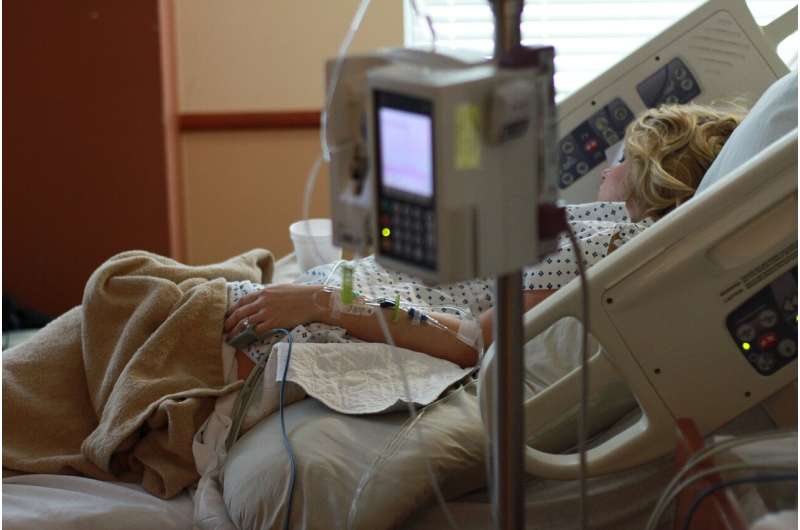Credit: CC0 Public Domain
High-need high-cost patients, many of whom are experiencing poverty, use a large portion of health care resources. Despite receiving more care, such patients often experience poor health outcomes. Teams providing intensive ambulatory care interventions were interviewed regarding how they view the work of serving socially and medically complex patient populations. Researchers conducted semi-structured, qualitative interviews with nine ambulatory care team members and six "usual care" team members, focused on multidisciplinary staff experiences.
Interviews were performed at a Federally Qualified Health Center caring for predominantly homeless HNHC patients in the context of an ongoing implementation of an ambulatory intensive care unit intervention. The staff noted social, behavioral, and medical challenges leading to patient-health care system mismatch. Team members cared for HNHC patients by addressing both psychosocial and clinical needs together; staying connected to patients through chaotic periods; reinforcing commitment and cohesion among interdisciplinary team members; and being flexible enough to create individualized care tailored to each patient's situation. Participants more often defined success as improving patient engagement, as opposed to reducing utilization or cost.
More information: Brian Chan et al. "It's Like Riding Out the Chaos": Caring for Socially Complex Patients in an Ambulatory Intensive Care Unit (A-ICU), The Annals of Family Medicine (2019). DOI: 10.1370/afm.2464
Journal information: Annals of Family Medicine
Provided by American Academy of Family Physicians























